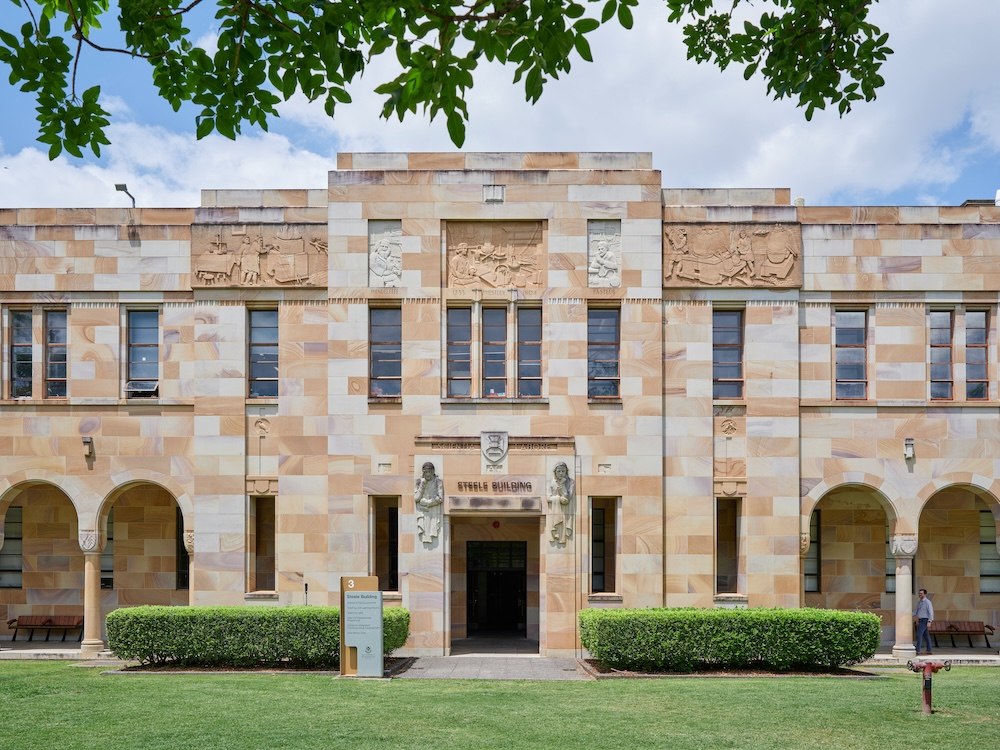It was October 2024, and I was fresh off a partnership project with OpenAI at Canva, where I'd spent months integrating GPT-4 into our platform for millions of users. I understood the transformative power of AI better than most—but it wasn't until a conversation with my friend, a university student, that I realized we were facing an education crisis.
The Moment Everything Changed
My friend had been struggling with a data analysis assignment involving CSV processing and visualization. Like many students, he was stuck, frustrated, and considering dropping the course. When I showed him how ChatGPT could parse his requirements, process the data, and generate visualizations in the same window using Python, his reaction was instant: "Why didn't anyone tell me this was possible?"
That question haunted me. Here was a student, weeks into suffering through an assignment, when a 5-minute AI interaction could have transformed his entire learning experience. The gap wasn't just about knowledge—it was about access to the right tools at the right time.
Uncovering the Real Problem
Intrigued, I started conversations with teaching assistants and faculty members across multiple universities. What I discovered was both alarming and eye-opening:
- One TA described having to conduct one-on-one interviews with each student to verify understanding because they assumed most assignments were AI-generated
- A professor shared how they'd abandoned entire assignment types after realizing they couldn't distinguish AI work from student work
- Faculty were operating completely blind, unable to distinguish constructive AI assistance from academic fraud
But the most concerning revelation came from a colleague at Atlassian, who told me about a new hire fresh from their Master's program. This graduate had been casually bragging that AI had generated all the experimental data for their thesis—they hadn't run a single actual experiment or written a single word themselves.
The Wrong Battle
Universities were fighting AI use instead of understanding it. They were installing detection software, updating honor codes, and creating policies—all reactive measures that missed the fundamental shift happening in education.
Meanwhile, students were using AI anyway, but in the shadows, without guidance, often in ways that undermined their learning. The result? A generation graduating with degrees of questionable value and employers losing trust in university credentials.
A Different Vision
Having worked on AI partnerships and understanding both the technical capabilities of these models and enterprise integration requirements, I saw a different path forward. What if instead of fighting AI, we embraced it intelligently?
What if students could access AI that:
- Understood their specific course materials - from lecture videos to assignment rubrics
- Guided learning rather than replacing it - like having an expert tutor available 24/7
- Provided transparency to educators - showing how AI was actually being used in the learning process
And what if universities could:
- See exactly how students use AI - distinguishing between learning assistance and work avoidance
- Make data-driven decisions about AI integration in education
- Preserve the value of their degrees while preparing students for an AI-powered world
The Birth of Kurnell
This vision became Kurnell: the Operating System for the AI era of education. We're not another ChatGPT wrapper or detection tool. We're building the connective tissue between AI capabilities and educational excellence.
Our platform integrates directly with university LMS systems, providing students with AI that has deep contextual understanding of their course materials while giving faculty unprecedented insight into how AI is actually being used in learning.
Looking Forward
The conversation with my struggling friend revealed something profound: the problem isn't that students are using AI—it's that they're using it poorly, in isolation, without guidance or transparency.
Kurnell represents our commitment to changing that. We're building a future where AI amplifies human learning rather than replacing it, where universities lead the AI revolution rather than resist it, and where degree value is preserved through transparency and intelligent integration.
The AI revolution in education is inevitable. The question isn't whether it will happen, but whether universities will lead it or be left behind by it.
That's why we started Kurnell.
Ready to transform AI education at your university? We're working with forward-thinking institutions across Australia and beyond. Get in touch to learn how Kurnell can help preserve the value of your degrees while empowering your students for an AI-powered future.
